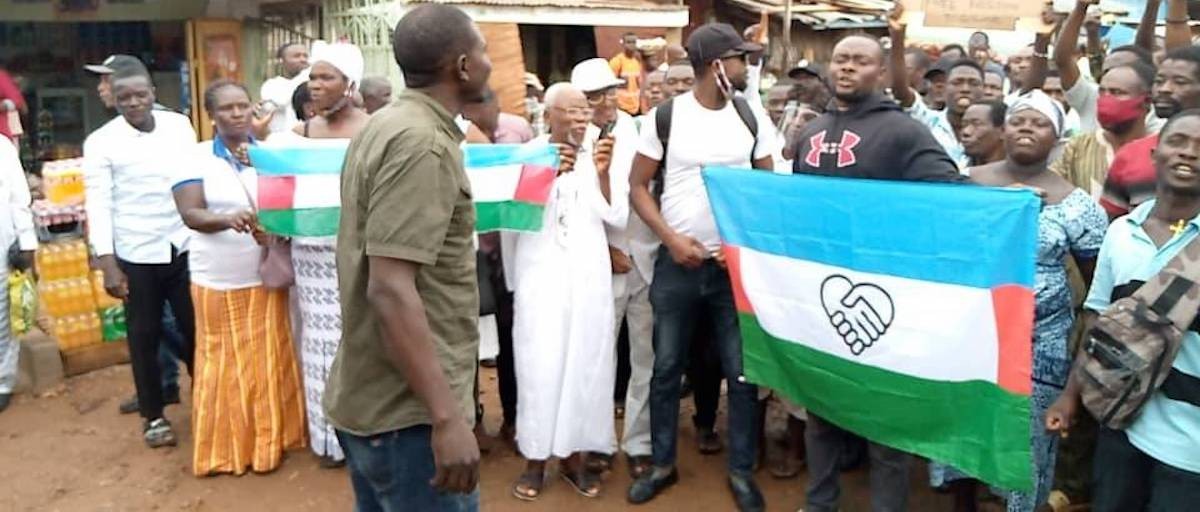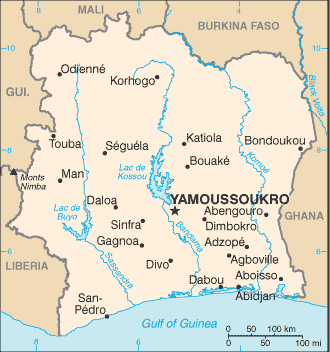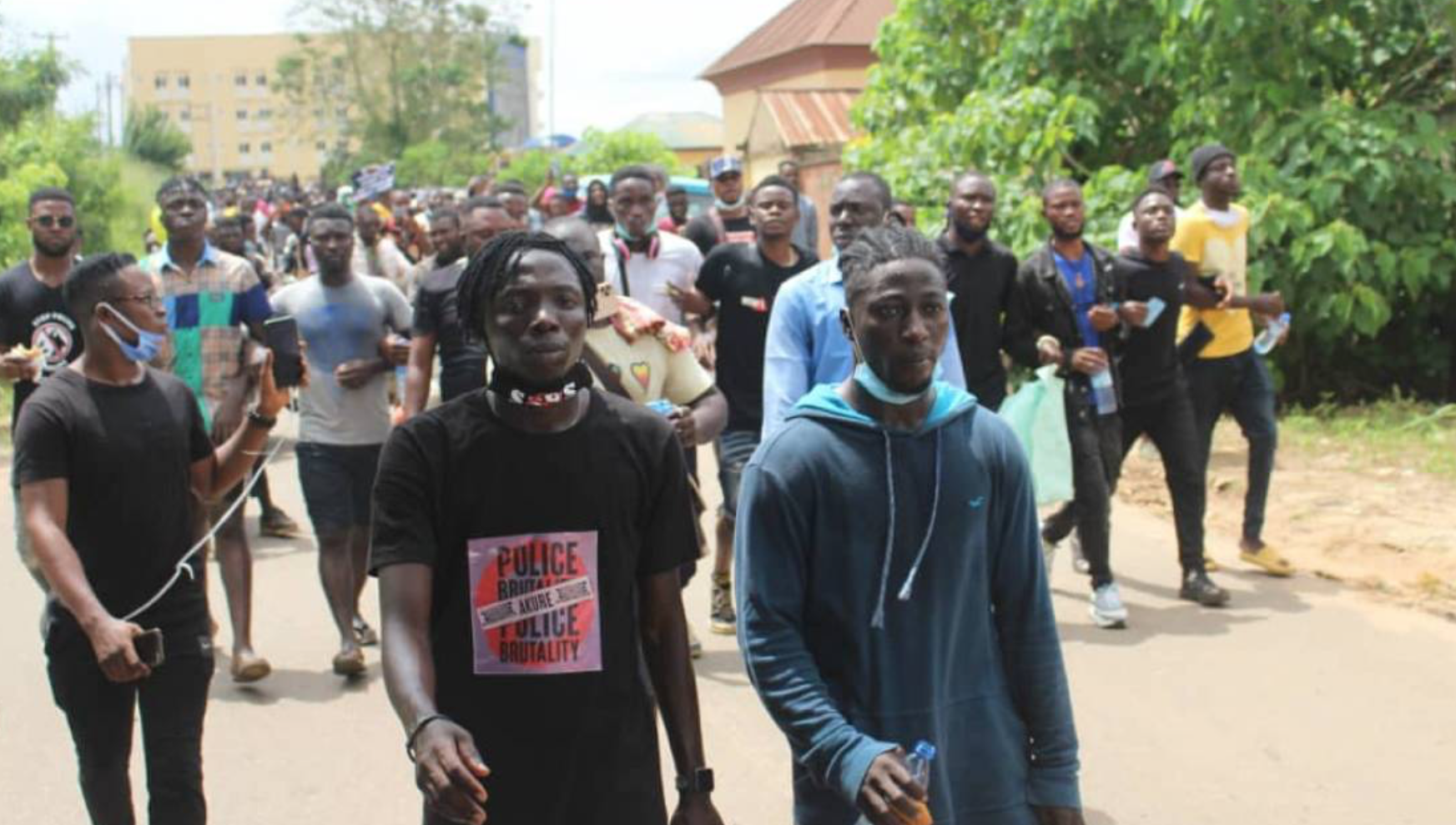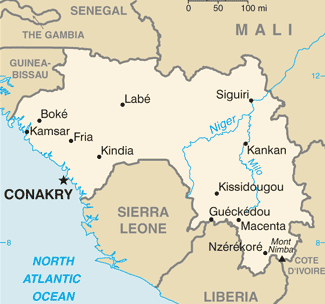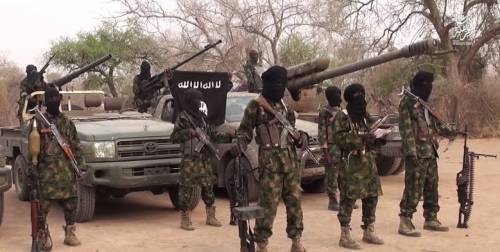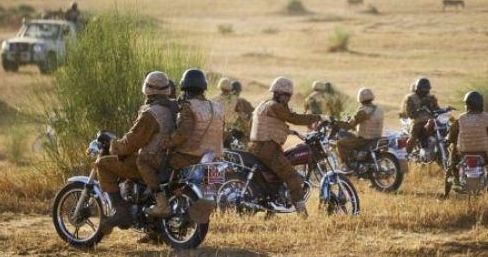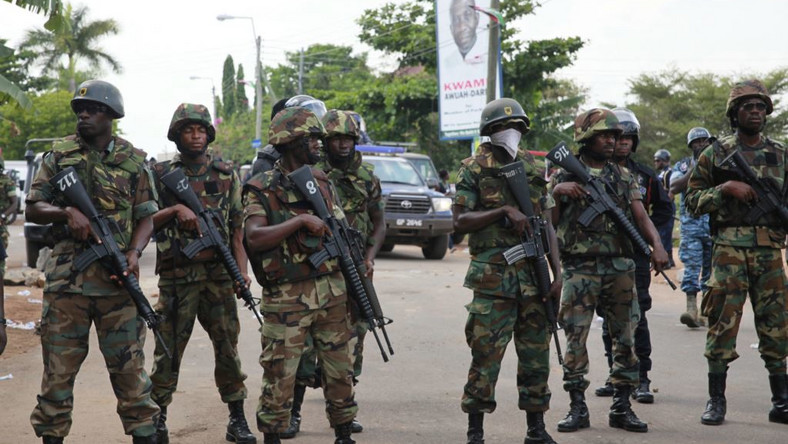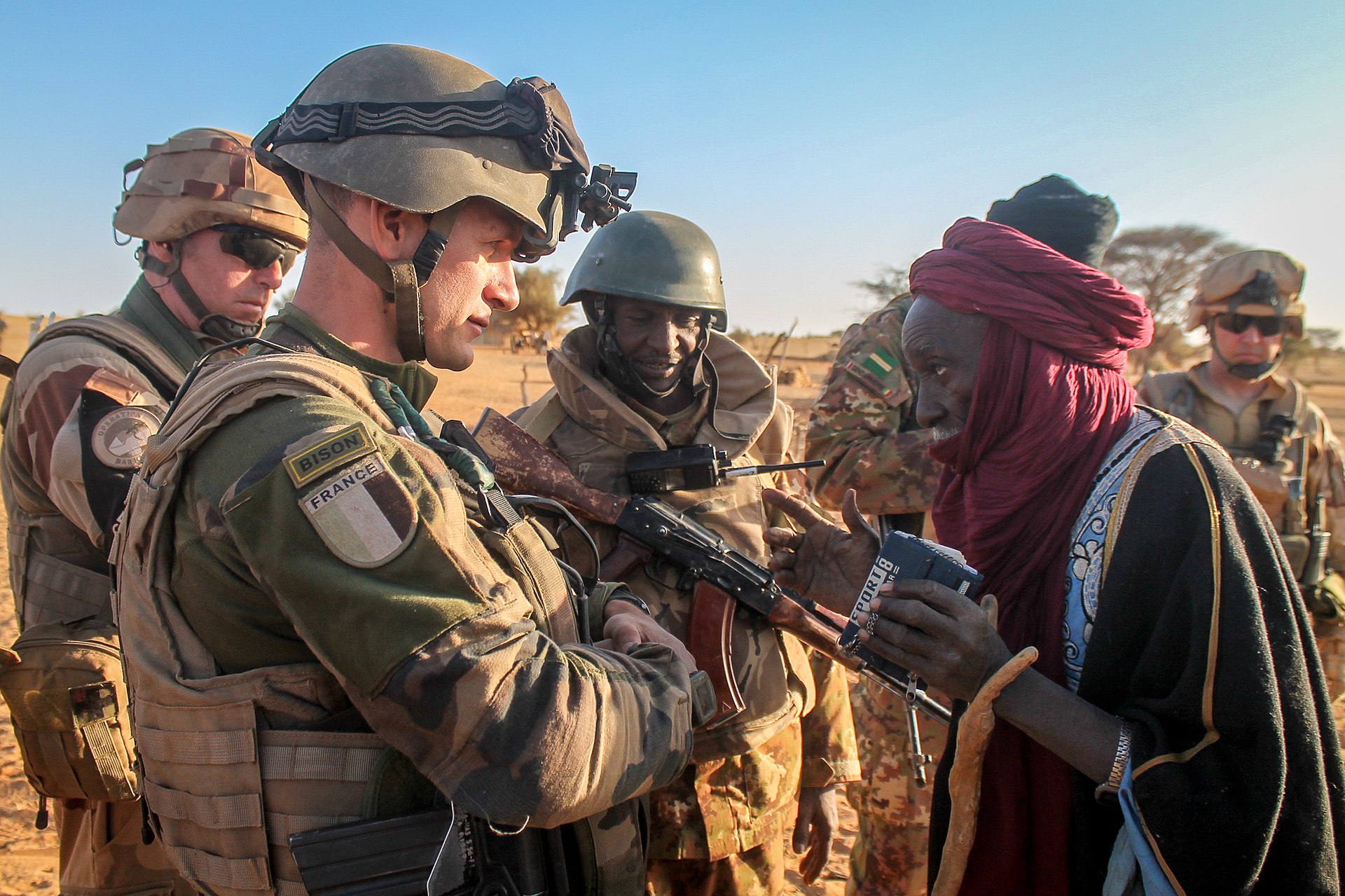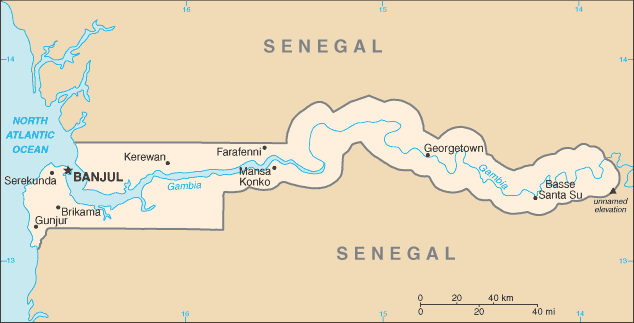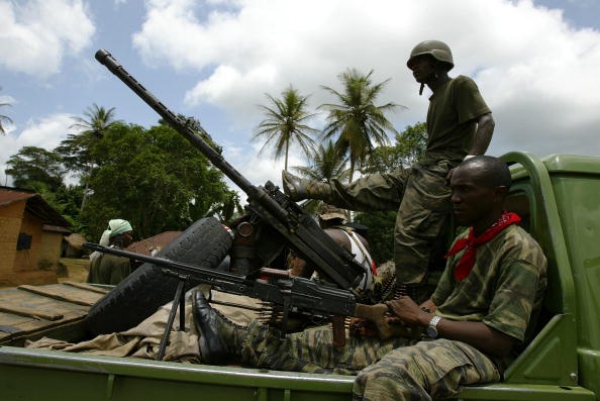
Liberian warlord goes on trial in Switzerland
A trial opened in Switzerland for the first Liberian to face war crimes charges over atrocities during the country’s brutal internal conflict in the 1990s. Former warlord Alieu Kosiah stands accused of murder, rape, recruiting child soldiers, and numerous other crimes during the first of Liberia’s two civil wars, which together killed some 250,000 people between 1989 and 2003. Kosiah, who had been living in Switzerland since 1999, was arrested in November 2014 for atrocities he allegedly committed as a commander of the United Liberation Movement of Liberia (ULIMO) between 1993 and 1995. A group of Liberian victims is being represented by the Swiss human rights group Civitas Maxima. The case is being heard under the principle of universal jurisdiction. (Photo: IRIN via JusticeInfo)



